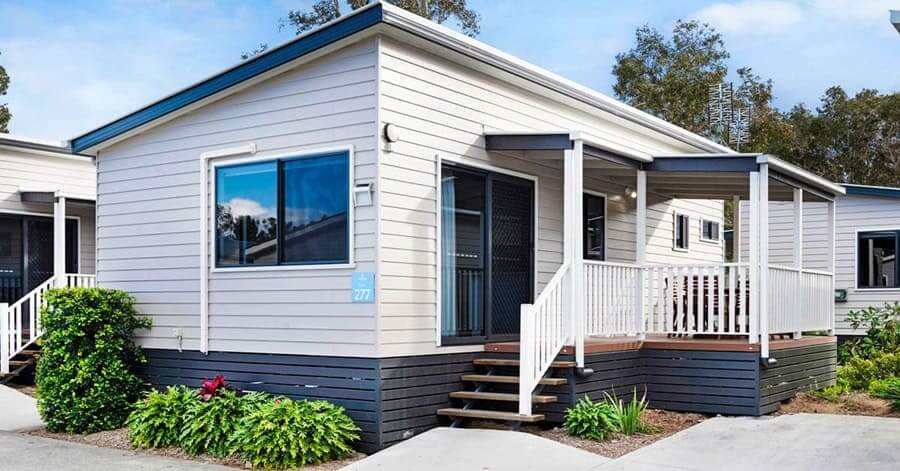What Are No Deposit First Homes?
No Deposit First Homes refer to properties that can be purchased without the traditional requirement of a down payment. Typically, buying a home requires a down payment of at least 20% of the property's value, which can be a daunting sum, especially in high-cost areas. No Deposit First Homes eliminate this upfront cost, allowing buyers to finance the entire purchase price of the home through a mortgage or other financial arrangements.
How Do No Deposit First Homes Work?
No Deposit First Homes are made possible through various financial mechanisms. One common approach is through government-backed loans, such as those offered by the Veterans Affairs (VA) or the United States Department of Agriculture (USDA). These programs are designed to assist specific groups, such as veterans or rural residents, in purchasing homes without requiring a down payment. Additionally, some private lenders offer specialized loans or mortgage products that cater to buyers interested in No Deposit First Homes.
Another method involves seller financing, where the seller agrees to finance the purchase themselves, potentially allowing for a zero down payment arrangement. In some cases, builders or developers may also offer incentives for No Deposit First Homes, particularly in new housing developments, to attract first-time buyers.
Who Can Benefit from No Deposit First Homes?
No Deposit First Homes are particularly appealing to first-time buyers who may not have had the opportunity to save for a large down payment. Young professionals, families with limited savings, and individuals recovering from financial setbacks can all benefit from the opportunities provided by No Deposit First Homes. By reducing the initial financial burden, these buyers can enter the housing market sooner and begin building equity in their homes.
For veterans, No Deposit First Homes offered through VA loans represent a significant benefit, recognizing their service by making homeownership more attainable. Similarly, residents of rural areas can take advantage of USDA loans to purchase No Deposit First Homes in communities where conventional financing options may be limited.
The Advantages of No Deposit First Homes
The most obvious advantage of No Deposit First Homes is the elimination of the need for a down payment. This allows buyers to enter the housing market with little to no initial investment, freeing up their savings for other purposes, such as home improvements or emergency funds.
No Deposit First Homes also provide an opportunity for buyers to start building equity sooner. Instead of waiting years to save for a down payment, buyers can begin paying off their mortgage immediately, potentially benefiting from property value appreciation over time.
Additionally, No Deposit First Homes can offer more flexibility in terms of location and property type. Buyers who might otherwise be priced out of certain markets due to high down payment requirements can explore a broader range of options, including properties in desirable neighborhoods or newly constructed homes.
Considerations and Risks
While No Deposit First Homes offer many advantages, they are not without risks. Financing 100% of a home's purchase price can result in higher monthly mortgage payments, which may strain a buyer's budget. Additionally, without the cushion of a down payment, buyers may be more vulnerable to market fluctuations, where a drop in property values could lead to negative equity.
It's also important for buyers to carefully evaluate the terms of any mortgage or financing agreement associated with No Deposit First Homes. Interest rates, fees, and other conditions can vary significantly, so it's crucial to understand the long-term financial implications.
Conclusion
No Deposit First Homes represent a valuable opportunity for individuals and families who might otherwise struggle to achieve homeownership. By removing the obstacle of a down payment, No Deposit First Homes open the door to a broader range of buyers, enabling them to enter the housing market and start building equity sooner. However, as with any financial decision, it's important for potential buyers to thoroughly research their options and consider the long-term impact of purchasing No Deposit First Homes. With careful planning and the right financing, No Deposit First Homes can be a viable path to achieving the dream of homeownership.

